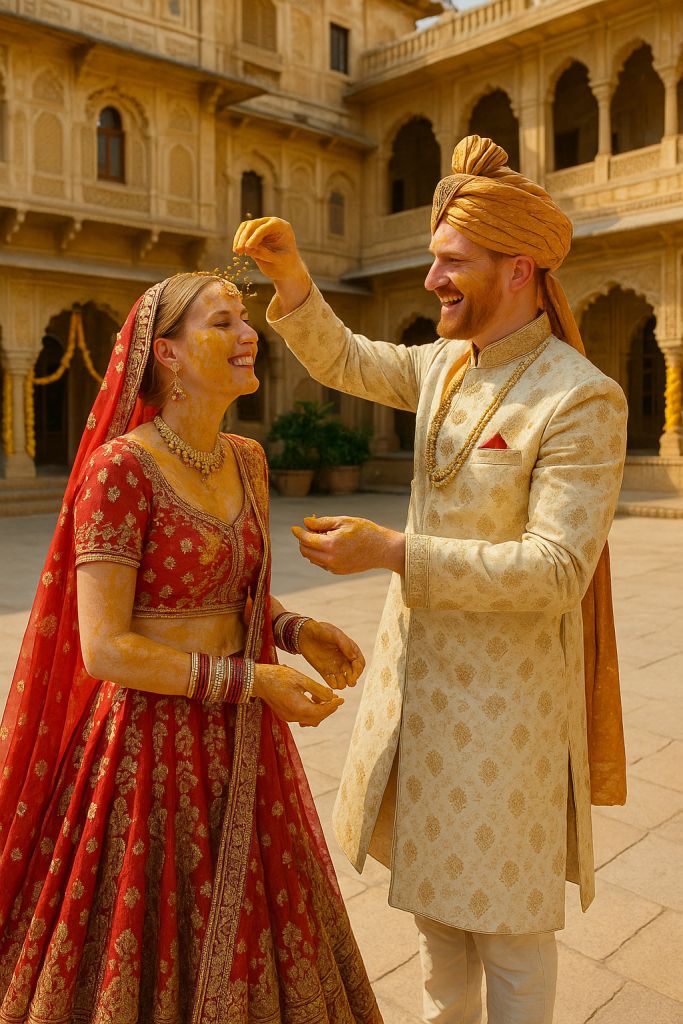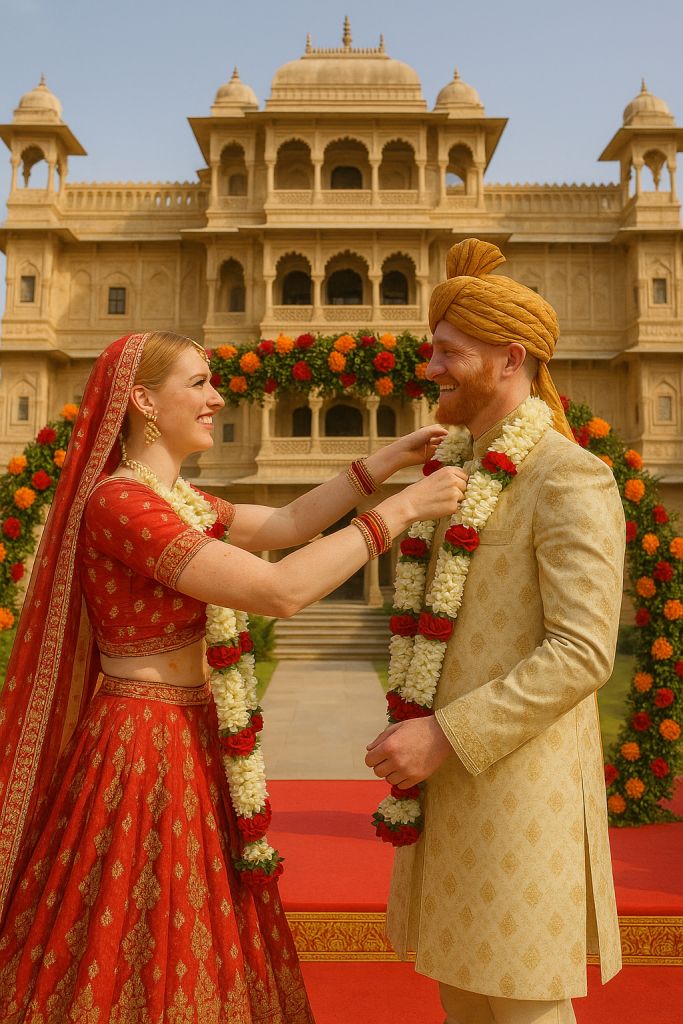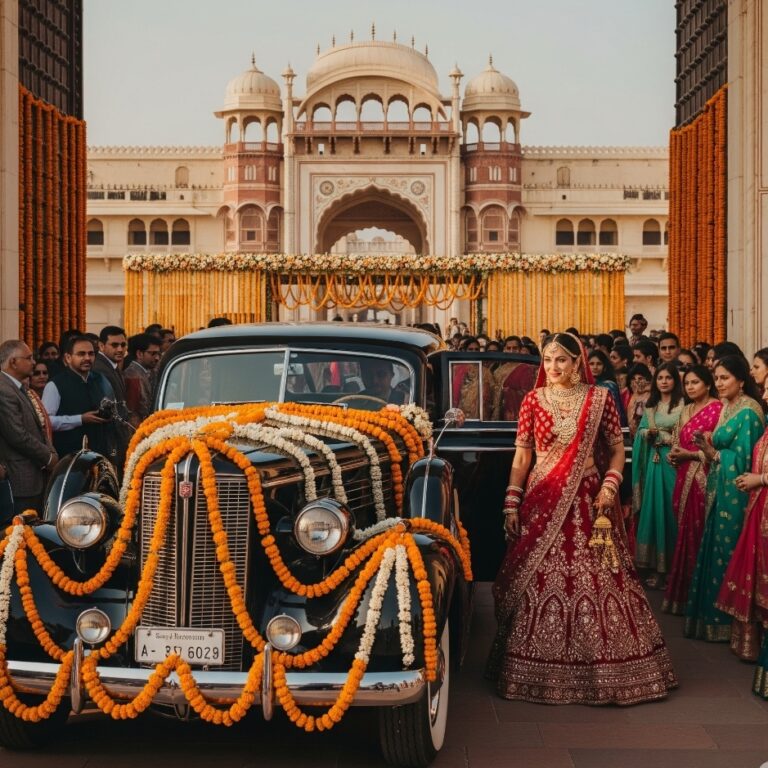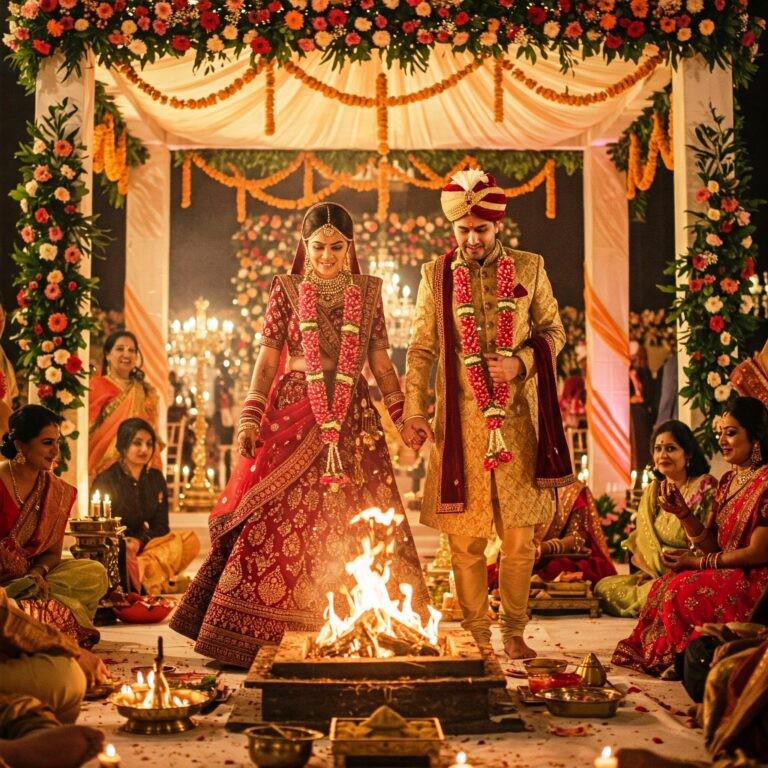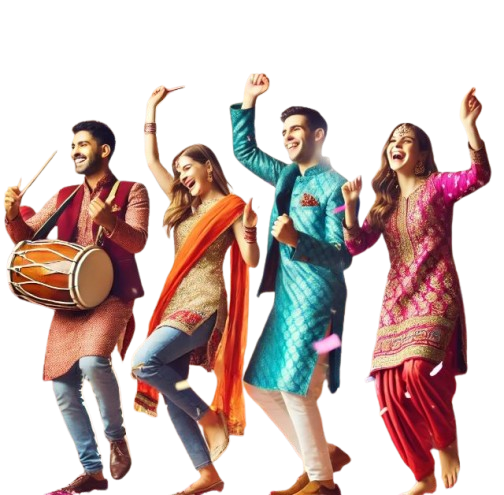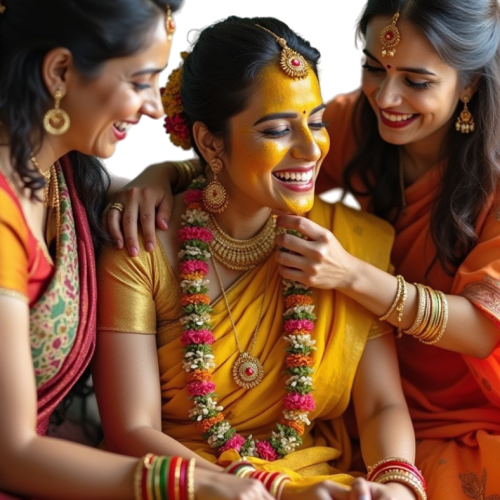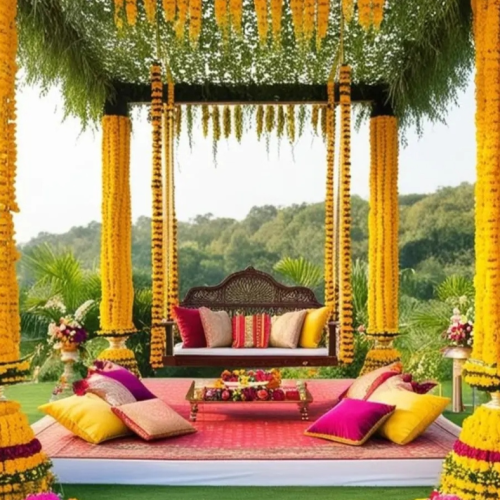When it comes to dream weddings steeped in royal elegance and cultural charm, Jaipur stands out as the undisputed crown jewel. Known as the Pink City, Jaipur is not just a city, it’s a celebration of India’s regal history, architectural marvels, and vibrant traditions. For couples seeking a destination that offers a perfect blend of luxury and deeply rooted Indian rituals, Jaipur is simply unmatched.
Majestic Venues with Royal Heritage
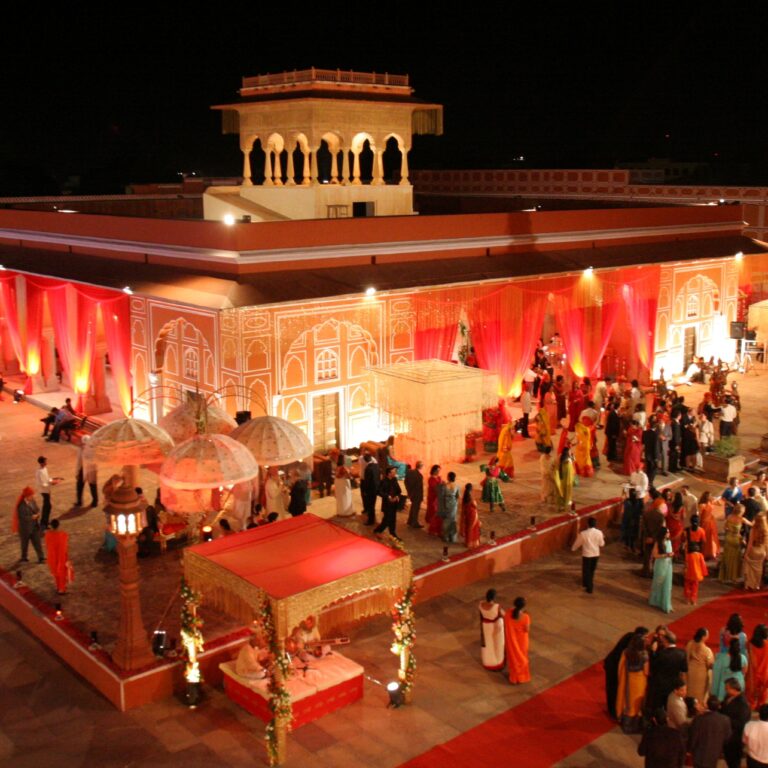
Jaipur boasts some of India’s most iconic wedding venues—palaces, forts, and heritage havelis—each telling tales of grandeur. Whether it’s the majestic City Palace, the romantic Jai Mahal Palace, or the serene Samode Palace, these venues turn a wedding into a royal affair. The architecture, courtyards, frescoes, and regal ambiance offer a once-in-a-lifetime backdrop for traditional ceremonies.
Ideal for Traditional Indian Rituals
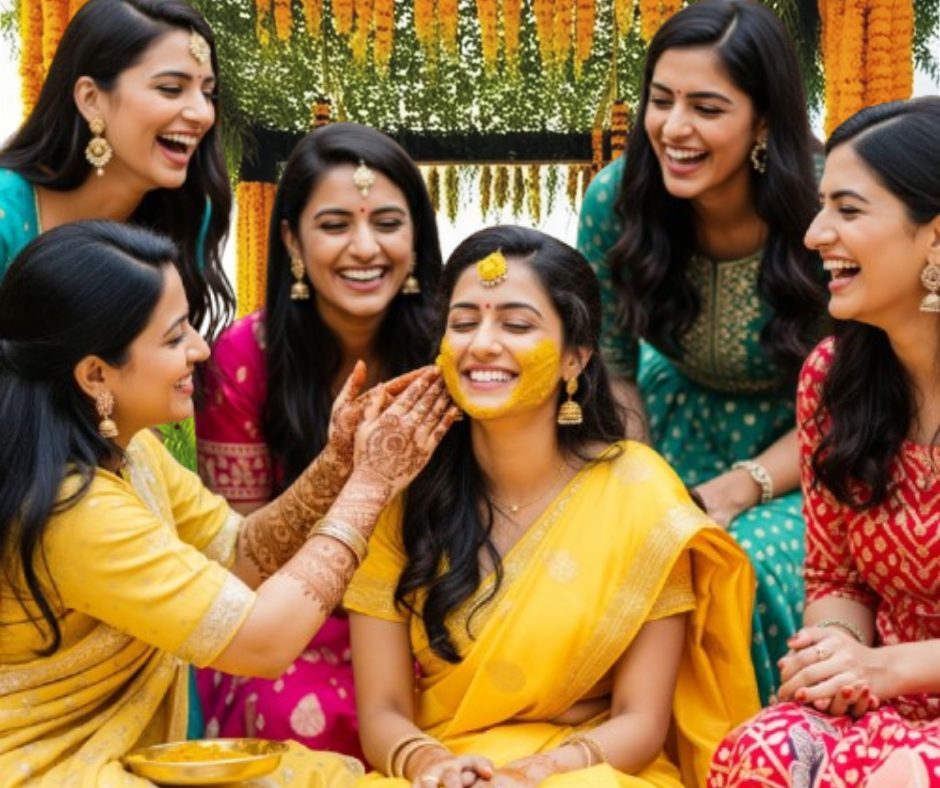
Jaipur’s heritage-rich atmosphere provides the perfect setting for every sacred ritual—from Ganesh pujan and mehendi to haldi, baraat, varmala, and pheras. Temples within palace complexes or nearby heritage temples like Govind Dev Ji offer authentic settings for rituals, ensuring spiritual significance is never compromised in a destination wedding.
Rich Rajasthani Culture & Hospitality
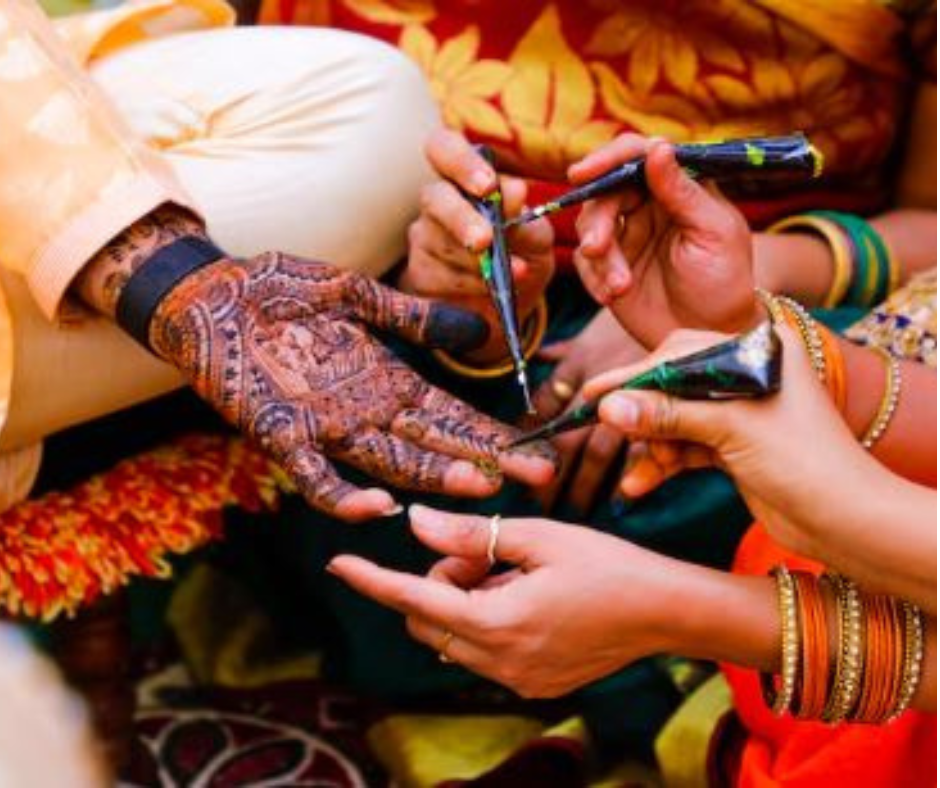
The essence of Jaipur lies in its warm hospitality and vibrant culture. Wedding guests are welcomed with arti tikka, folk music, and Rajasthani dance performances like Ghoomar and Kalbelia. Traditional cuisine served in silver thalis, camel rides, and turban tying ceremonies give an immersive cultural experience—making the wedding not just an event, but a celebration of India itself.
Professional Wedding Services and Accessibility
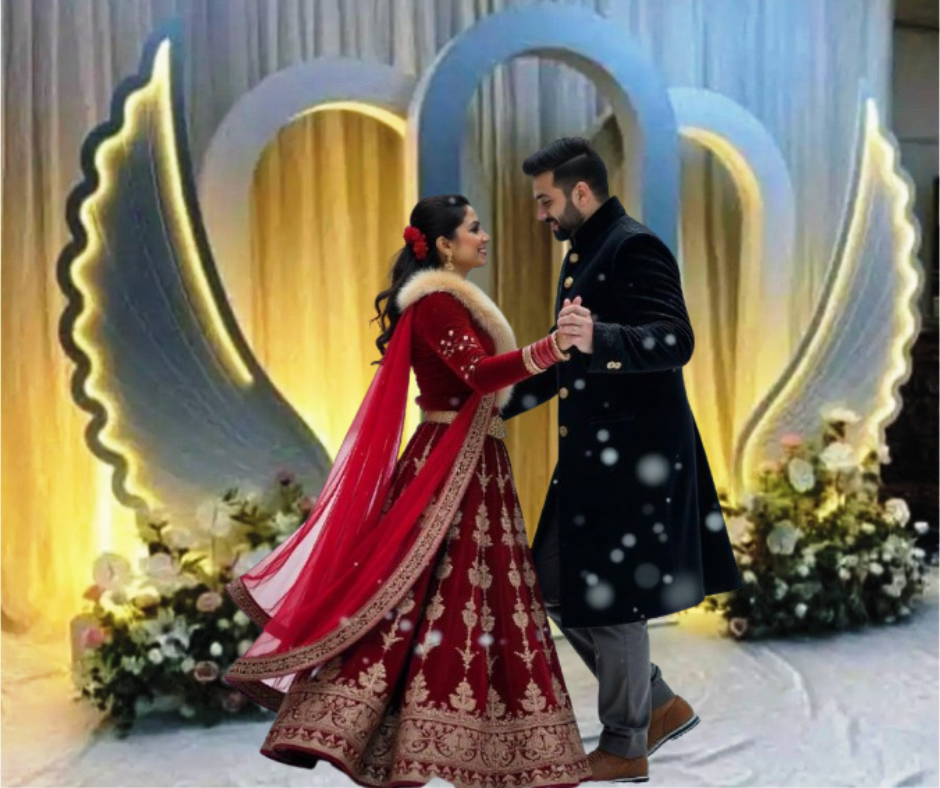
Jaipur is extremely wedding-friendly with a well-developed ecosystem of top-notch wedding planners, caterers, decorators, and entertainers. The city is also well connected with a major airport, excellent roads, and luxury hotels like Taj Rambagh Palace, Fairmont Jaipur, and Leela Palace for hosting guests comfortably.
Stunning Backdrops for Wedding Photography
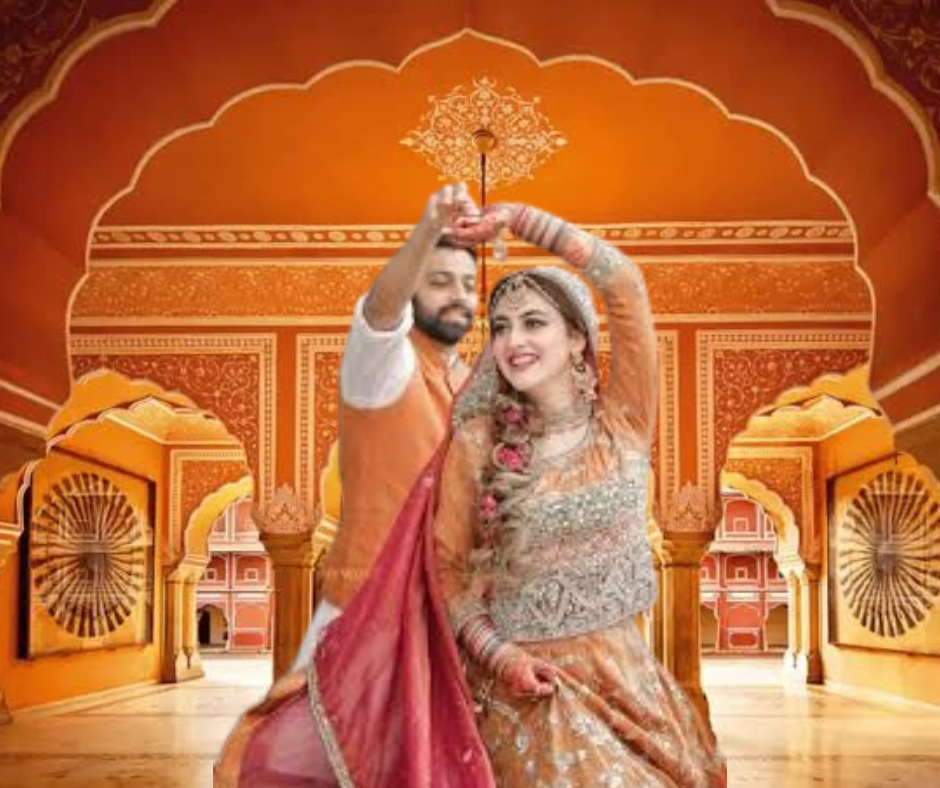
With its sunset-drenched forts, colorful markets, intricate jharokhas, and palatial courtyards, Jaipur offers the most enchanting backdrops for wedding photography. Every frame captures the essence of royalty, tradition, and romance—preserving your memories in the most magical way.
Perfect Blend of Ritual and Celebration
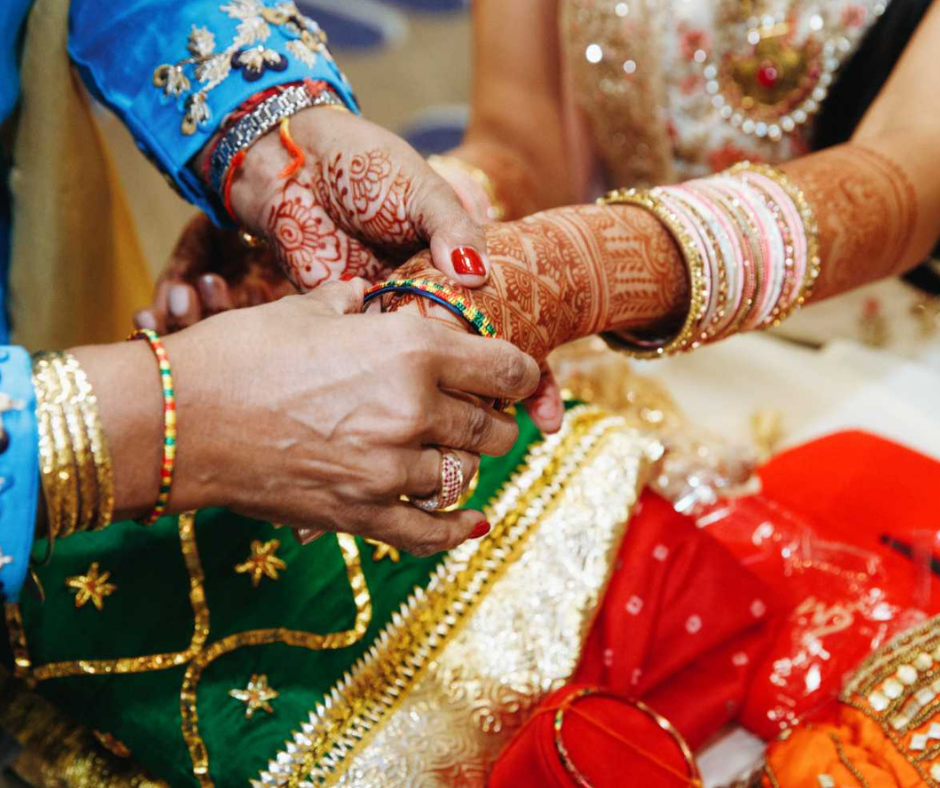
Jaipur is one of those rare cities where tradition and festivity coexist seamlessly. While sacred rituals are performed with authenticity, you can also enjoy vibrant cocktail nights, folk-themed sangeets, and grand receptions with live performances and firework displays. This versatility makes Jaipur the perfect canvas to paint your dream wedding.
Conclusion
For couples dreaming of a wedding that reflects India’s rich heritage and customs in a fairytale setting, Jaipur is the ultimate destination. It offers not just venues, but a soulful experience—one where every ritual, every decoration, and every guest feels like part of something timeless and royal.
If your heart desires a wedding that is culturally rooted, visually regal and effortlessly grand, Jaipur is the best choice for you.
